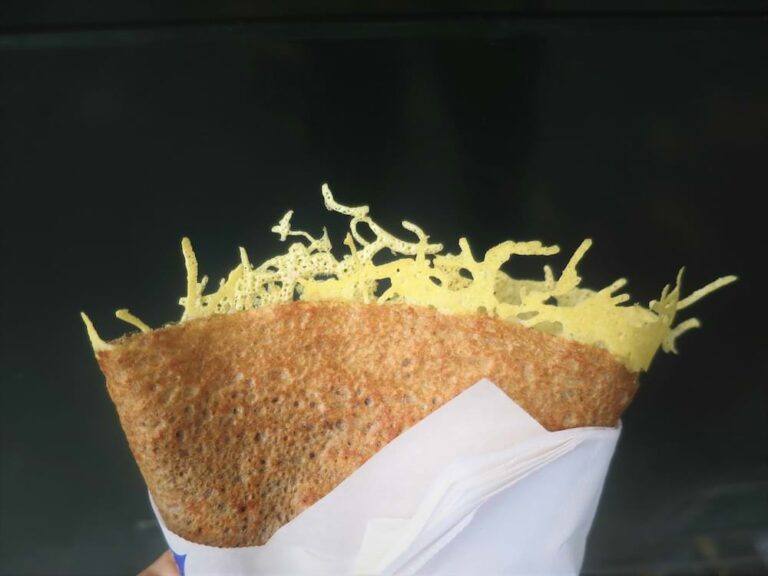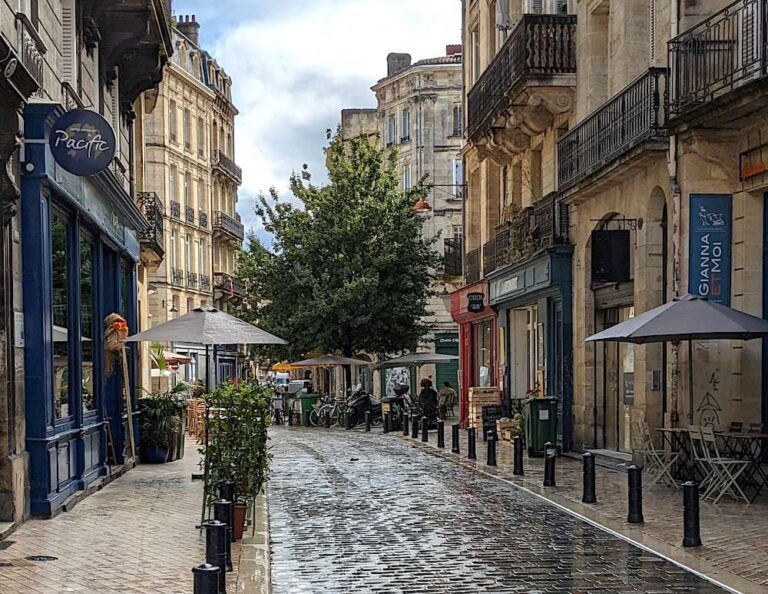looking forward to
In English, looking forward to expresses anticipation or excitement about a future event. In French, there is no single direct equivalent, and the translation depends on context, formality, and grammatical structure. Common strategies include using the verb avoir hâte de, phrases with être impatient de, or more formal constructions with se réjouir de.
1. Avoir hâte de
This is the most common and versatile translation of looking forward to. It is used in both spoken and written French and is followed by an infinitive.
- J’ai hâte de te voir.
I am looking forward to seeing you. - Nous avons hâte de commencer le projet.
We are looking forward to starting the project. - Elle a hâte de rencontrer ses nouveaux collègues.
She is looking forward to meeting her new colleagues.
2. Être impatient de
This phrase is slightly more emphatic than avoir hâte de. It also expresses strong anticipation and is followed by an infinitive.
- Je suis impatient de recevoir ta réponse.
I am looking forward to receiving your reply. - Ils sont impatients de partir en vacances.
They are looking forward to going on holiday. - Il est impatient de commencer son nouveau travail.
He is looking forward to starting his new job.
3. Se réjouir de
This is a formal or literary alternative, often used in written correspondence. It can be followed by either a noun or a verb in the infinitive.
- Je me réjouis de votre visite.
I am looking forward to your visit. - Nous nous réjouissons de participer à cette conférence.
We are looking forward to participating in this conference. - Elle se réjouit de l’arrivée de son frère.
She is looking forward to her brother’s arrival.
4. Anticipation with en attendant or dans l’attente de
These constructions are suitable for formal or business contexts.
- Dans l’attente de votre réponse, je vous remercie.
Looking forward to your reply, I thank you. - En attendant de vous rencontrer, je vous adresse mes salutations.
Looking forward to meeting you, I send my regards.
5. Using content(e) de
In informal spoken French, especially when expressing personal pleasure or excitement, content(e) de can convey a similar idea.
- Je suis content de te voir bientôt.
I am looking forward to seeing you soon. - Elle est contente de participer à la fête.
She is looking forward to taking part in the party.
6. Au plaisir de
This phrase is typically used in written correspondence, especially emails or letters, to close a message politely while indicating anticipation for a future event. It is usually followed by an infinitive.
- Au plaisir de vous rencontrer.
Looking forward to meeting you. - Au plaisir de travailler avec vous.
Looking forward to working with you. - Au plaisir de te revoir bientôt.
Looking forward to seeing you again soon.
This is polite, professional, and slightly less formal than dans l’attente de.
7. Vivement
Vivement is an adverb used in spoken French to express eagerness or excitement about something that will happen. It often appears with que + subjunctive or with an event/noun.
- Vivement demain !
Can’t wait for tomorrow! / Looking forward to tomorrow! - Vivement les vacances !
Can’t wait for the holidays! / Looking forward to the holidays! - Vivement qu’on se revoie !
Looking forward to seeing each other again!
Vivement is informal, energetic, and often used in everyday conversation.
8. Espérer
In some business or formal contexts, where “looking forward to” is a polite way of saying “expect,” the verb espérer (to hope) can be a good fit.
- J’espère avoir de vos nouvelles bientôt.
I look forward to hearing from you soon. - Nous espérons que notre collaboration sera fructueuse.
We look forward to a fruitful collaboration.
What not to use
A common error is a literal, word-for-word translation.
• En avant à is incorrect and meaningless.
• Regardant en avant pour is incorrect and meaningless.
Summary
- Avoir hâte de is the most widely used and neutral form.
- Être impatient de adds stronger anticipation.
- Se réjouir de is formal or literary.
- Dans l’attente de or en attendant is formal, often for business correspondence.
- Content(e) de is informal and expresses personal pleasure.
- Au plaisir de is suitable for polite, professional correspondence and is always followed by an infinitive.
- Vivement is informal, lively, and often used with que + subjunctive or directly with a noun referring to the anticipated event.
- Espérer is a formal way of saying “looking forward to” in the sense of “expect.”






